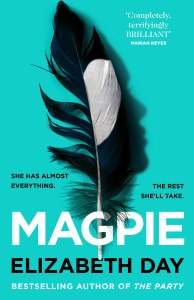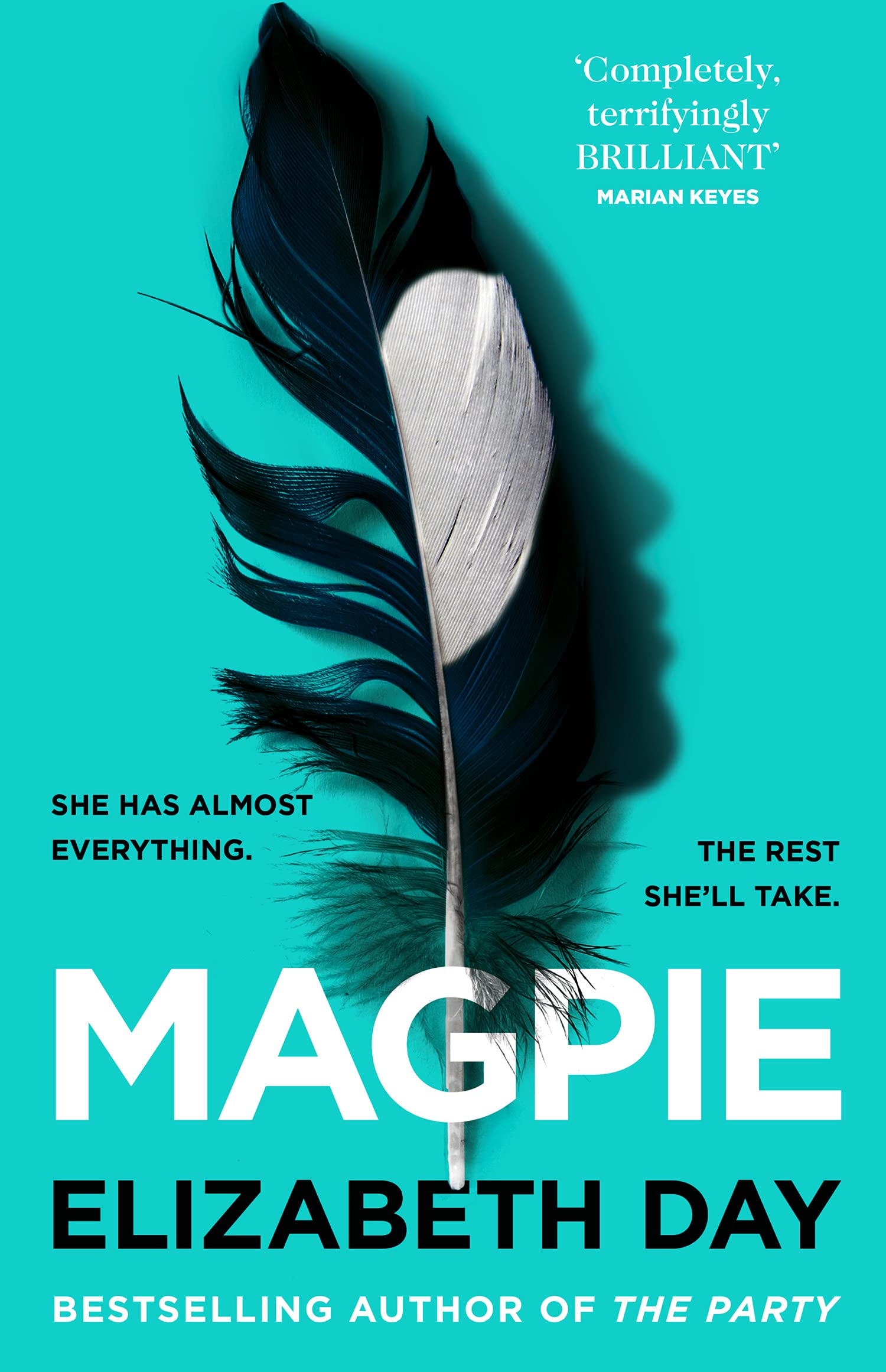December 12, 2021 · 7:12 p.m.
There’s been a lot of news on Downing Street this week, so it looks like it’s reading on time Issue 10: The Geography of Power at Downing Street by Jack Brown recently. Brown was the first researcher to be in No. 10 and his book examines how the roles of the Prime Minister and the architecture of one of the world’s most famous addresses have influenced each other. Originally built in the 1680s, a significant reconstruction took place in the early 1960s and much of the book dates back to the 20th century. The Prime Minister of the second half of the twentieth century examines how they lived and worked there. Security reasons probably prevent the inclusion of clear diagrams of the interior of Downing Street along with the unfortunate text. However, Brown’s analysis of how the iconic residence projects its visitors with soft powers and its strengths and weaknesses as a modern office and living space provides a compelling argument that successive prime ministers have affected the building as much as the way buildings work. .
 Lady Haler’s Spider Woman It is a memoir of the former President of the Supreme Court and one of the leading judges in England. The title of the book comes from the £ 12 brooch he wore when he read out the Supreme Court ruling in September 2019 that the extension of Parliament was illegal, gaining more public attention only at the end of a long and prestigious career. After a childhood in North Yorkshire, Hale graduated from Girton College, Cambridge, in 1966, and was in the bar, and for two decades at the Manchester Academy. He was appointed to the Law Commission in 1984, was a judge in the family department of the High Court in 1994, was appointed to the Court of Appeal in 1999, became a lawyer in 2004, then Vice-President of the Supreme Court in 2013. and finally its president in 2017. This is a memoir of Hale’s pioneering career. The details of her personal life are clear – her first husband’s divorce is a one-sentence affair – but it’s clear from her fascinating case that she has a great legal brain, and the clarity of her prose prevents her from turning the passage into too much. I hope that those who may be ‘Spider Woman’ law students will appreciate it the most, but here too there is inspiration for everyone. Many thanks to Vintage Books for submitting a copy via NetGalley.
Lady Haler’s Spider Woman It is a memoir of the former President of the Supreme Court and one of the leading judges in England. The title of the book comes from the £ 12 brooch he wore when he read out the Supreme Court ruling in September 2019 that the extension of Parliament was illegal, gaining more public attention only at the end of a long and prestigious career. After a childhood in North Yorkshire, Hale graduated from Girton College, Cambridge, in 1966, and was in the bar, and for two decades at the Manchester Academy. He was appointed to the Law Commission in 1984, was a judge in the family department of the High Court in 1994, was appointed to the Court of Appeal in 1999, became a lawyer in 2004, then Vice-President of the Supreme Court in 2013. and finally its president in 2017. This is a memoir of Hale’s pioneering career. The details of her personal life are clear – her first husband’s divorce is a one-sentence affair – but it’s clear from her fascinating case that she has a great legal brain, and the clarity of her prose prevents her from turning the passage into too much. I hope that those who may be ‘Spider Woman’ law students will appreciate it the most, but here too there is inspiration for everyone. Many thanks to Vintage Books for submitting a copy via NetGalley.
 Elizabeth Day’s Magpie is a psychological thriller that tells the story of children’s cartoonist Marisa, whom Jake meets online. They don’t need a lot of time to start living together and waiting for the baby. However, Marisa has experienced trauma in her past and is deeply concerned about the unexpected visits of Jake’s mother Annabelle and the behavior of Kate’s innkeeper who doesn’t understand the proper boundaries while living with them. The novel has a big twist in the middle, similar to the halfway point of Gillian Flynn’s Gone Girl and Sarah Waters’s ‘Fingersmith’, forcing the reader to re-evaluate everything they’ve just read with completely new eyes. Although it is difficult to discuss in detail without spoilers, it will certainly somehow cause a nerve, and I think it has been done in the right way. Day has experienced abortions and IVF treatment in real life, and issues related to fertility and mental health are studied in a thoughtful and effective way in this terrifying black home.
Elizabeth Day’s Magpie is a psychological thriller that tells the story of children’s cartoonist Marisa, whom Jake meets online. They don’t need a lot of time to start living together and waiting for the baby. However, Marisa has experienced trauma in her past and is deeply concerned about the unexpected visits of Jake’s mother Annabelle and the behavior of Kate’s innkeeper who doesn’t understand the proper boundaries while living with them. The novel has a big twist in the middle, similar to the halfway point of Gillian Flynn’s Gone Girl and Sarah Waters’s ‘Fingersmith’, forcing the reader to re-evaluate everything they’ve just read with completely new eyes. Although it is difficult to discuss in detail without spoilers, it will certainly somehow cause a nerve, and I think it has been done in the right way. Day has experienced abortions and IVF treatment in real life, and issues related to fertility and mental health are studied in a thoughtful and effective way in this terrifying black home.
Filed under Books
